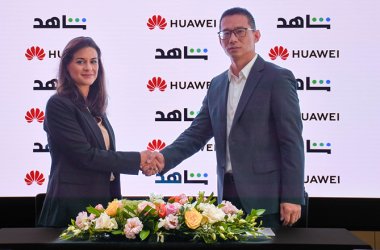Taking a page from its India strategy, Telecom giant Bharti Airtel has signed a US$150 million agreement with Chinese technology company Huawei to expand its second and third generation (2G and 3G) network infrastructure in Africa.
The agreement will also require Huawei to design, plan modernize and manage the operators’ network infrastructure. Airtel has 16 operations in Africa and hopes the decision to hand management of its vast infrastructure to Huawei, a business model it pioneered in India eight years ago, will enhance its customers’ experience through improved voice quality and extended coverage into under-penetrated areas.
“The partnership with Huawei takes us one step closer to realizing our vision of making affordable and world class telecom services available to Africa,” Manoj Kholi, Bharti Airtel chief executive officer (international) said in a press statement.
Last year, Bharti Airtel acquired the African assets of Kuwait’s Zain for $10.7 billion, making it the world’s fifth largest mobile phone services company, and the second largest operator in Africa after MTN of South Africa.
Bharti Airtel has said that the modernization and optimization of networks will give it an opportunity to lower its operating expenditure and roll-out innovative services at affordable prices.
The future of operators in Africa is to outsource their none-core activities like managing their own infrastructure, said James Wire, a telecom analyst based in Uganda.
“Infrastructure management is not core for telecoms anymore. At the end of the day, you have to pay all those costs of managing the infrastructure as well as service-related costs,” Wire said. “When you combine costs and the dropping call rates, then you realize the telecoms have to shade those extra costs.”
The move by Airtel echoes the outsourcing model that Indian companies use by maintaining lean operations by retaining the key services, Wire said. “MTN has done that in Ghana where they have outsourced their network management to an American company,” he said.
“At the end of the day, I see these telecoms relenting and letting one company to manage their entire network infrastructure,” Wire said.





